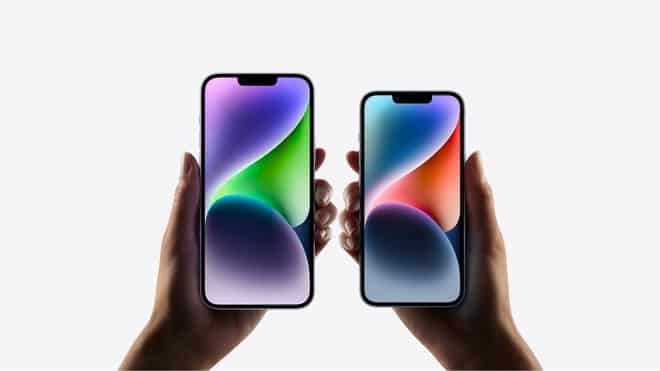Apple has released a critical security update for iPhones and other devices after discovering two major vulnerabilities that were actively exploited in real-world attacks. If you haven’t updated your device yet, you should install iOS 18.4.1 immediately.
The flaws, both classified as zero-day vulnerabilities, were quietly patched this week following a sophisticated cyberattack targeting high-profile individuals.

What the iOS 18.4.1 Update Fixes
Apple confirmed that the update addresses two dangerous bugs:
- CVE-2025-31200: A vulnerability in CoreAudio discovered by security teams at Apple and Google. Hackers could exploit it by sending a malicious audio file to remotely take control of a device.
- CVE-2025-31201: A flaw in Apple’s Remote Participant Audio Control (RPAC) system that allows attackers with access to the device to bypass Pointer Authentication, a key memory protection feature in iOS.
Apple says these vulnerabilities were used in highly targeted attacks. While they’re unlikely to affect average users right away, the company warns that these types of exploits often trickle down to wider attacks over time.
Which Devices Are Affected?
The emergency update applies to a wide range of Apple hardware, including:
- iPhones: XS and later
- iPads: Pro 11″ (1st gen+), Pro 13″, Air (3rd gen+), Mini (5th gen+), and iPad (7th gen+)
- Macs: running macOS Sequoia
- Apple TV: HD and all 4K models
- Apple Vision Pro
Why Apple Keeps Details Under Wraps
As with most security updates, Apple hasn’t released full technical details. The goal is to give users time to update before hackers can reverse engineer the flaws and launch broader attacks.
Security researchers say these zero-day exploits are often sold or traded in private forums and can be used to spy on users, steal personal data, or hijack devices.
How to Stay Safe
Updating your iPhone or Mac is the best way to protect yourself. You can install iOS 18.4.1 by going to Settings > General > Software Update.
Other tips for staying secure:
- Avoid clicking on links or downloading attachments from unknown senders
- Don’t respond to emails with urgent, suspicious requests
- Use security software on your Mac (like Intego or Norton)
- Regularly back up your device and data
If you’ve connected your iPhone or iPad to your Mac, some antivirus tools can also scan for potential threats during sync.
Bottom Line
This marks Apple’s fifth zero-day fix of the year — a reminder that even the most secure systems are still targets. The good news? Apple’s fast response helps protect users before threats become widespread.
Just make sure to keep your devices updated and stay alert to potential phishing attempts.

